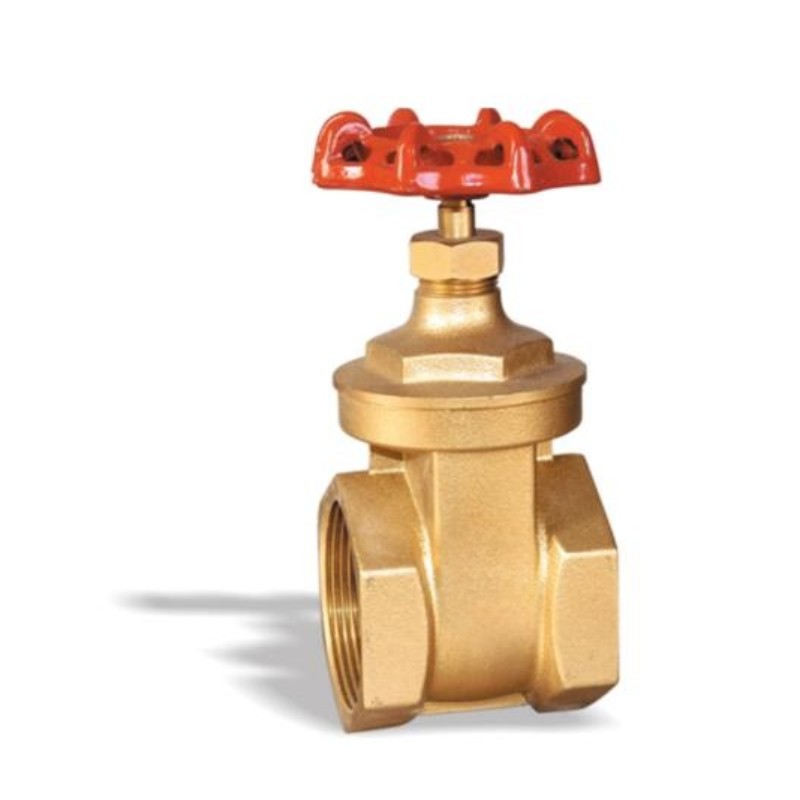Flange Mounted Valve Types and Their Applications in Various Industries
Understanding Flange Type Valves A Comprehensive Overview
Flange type valves play a pivotal role in various industrial systems, offering reliable sealing solutions and ease of maintenance. These valves are designed to control the flow of fluids, whether they be liquids or gases, in piping systems and are particularly favored for their structural integrity and operational efficiency. This article explores the key features, applications, advantages, and challenges associated with flange type valves.
What Are Flange Type Valves?
Flange type valves are valves that have flanged connections at their ends, allowing them to be easily bolted to the pipe flanges on either side. The flanges provide a robust fastening method, ensuring a tight seal that can withstand high pressure and temperature. Common types of flange type valves include gate valves, globe valves, ball valves, and check valves. Each type serves a specific purpose in fluid control applications, making flange type valves versatile tools in various industries.
Key Features
One of the primary characteristics of flange type valves is their design. They typically feature
1. Flanged Ends The flanges on the valve allow for straightforward installation and maintenance. They can accommodate different sizes and types of pipes, making them suitable for various applications.
2. Material Options Flange type valves can be constructed from various materials, including stainless steel, carbon steel, and plastic, depending on the application requirements such as pressure, temperature, and corrosion resistance.
3. Sealing Performance These valves are designed to provide excellent sealing performance, minimizing the risk of leaks, which is crucial in safety-sensitive environments like chemical processing plants.
4. Operational Versatility Flange type valves can be operated manually or automatically, with some models equipped with electric or pneumatic actuators.
Applications
Flange type valves are widely used across multiple industries, including
flange type valve

- Oil and Gas Their robust design is ideal for managing the flow of hydrocarbons, both upstream and downstream. - Chemical Processing Flange type valves help control aggressive chemicals, ensuring safety and efficiency in production processes. - Water Treatment These valves are essential in municipal and industrial water treatment facilities, allowing for precise control of water flow. - Food and Beverage In the food and beverage industry, sanitary versions of flange type valves ensure that the flow of products meets safety and quality standards.
Advantages
Flange type valves offer several advantages
1. Easy Installation and Maintenance The bolted design allows for quick assembly and disassembly, reducing downtime during maintenance.
2. High Pressure and Temperature Resistance They are capable of handling extreme conditions, making them suitable for heavy-duty applications.
3. Versatility With various types available, they can meet diverse flow control needs across different sectors.
4. Improved Safety Their ability to provide tight seals minimizes the risks of leaks, contributing to safer operating environments.
Challenges
Despite their numerous advantages, flange type valves come with challenges
- Cost The initial purchase price can be higher than other types of valves, particularly for specialized applications. - Installation Complexity Proper alignment is crucial during installation to avoid leaks and ensure optimum performance. - Weight Some flange type valves can be heavy, posing handling and structural support challenges during installation.
Conclusion
Flange type valves are integral to the functioning of a vast array of industrial systems, offering reliability, safety, and efficiency in fluid control. Their robust design, made possible by flanged connections, allows for easy installation and maintenance, making them a preferred choice for many applications. While they come with certain challenges, the benefits they provide far outweigh the drawbacks. With ongoing advancements in valve technology and materials, flange type valves will continue to be essential in meeting the demands of various industries in the future. Understanding their features, applications, and advantages empowers engineers and technicians to make informed decisions about fluid control solutions.
-
The Key to Fluid Control: Exploring the Advantages of Ball Valves in Industrial SystemsNewsJul.09,2025
-
The Versatile World of 1, 2, and 3 Piece Ball ValvesNewsJul.09,2025
-
Stainless Steel Ball Valves: The Ideal Choice for Efficient Flow ControlNewsJul.09,2025
-
Optimizing Fluid Control with Ball Float ValvesNewsJul.09,2025
-
Manual Gate Valves: Essential for Control and EfficiencyNewsJul.09,2025
-
Everything You Need to Know About Butterfly ValvesNewsJul.09,2025
-
The Versatility of Wafer Type Butterfly ValvesNewsJul.08,2025




